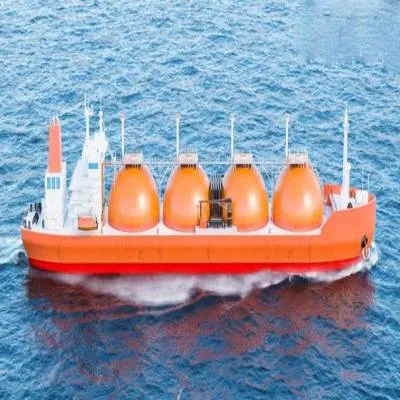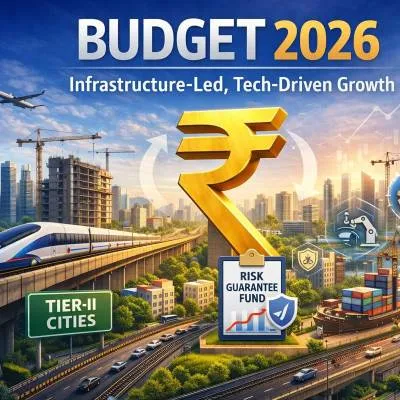Schedule a Call Back
Role of smart tech in promoting water efficiency in sanitary fittings
 In recent years, the discourse surrounding water conservation has taken centre stage, driven by growing concerns over global water scarcity and environmental sustainability. Amidst this backdrop, the integration of smart technology in sanitary fittings emerges as a pivotal solution, revolutionising the way we manage water resources in our daily lives.
In recent years, the discourse surrounding water conservation has taken centre stage, driven by growing concerns over global water scarcity and environmental sustainability. Amidst this backdrop, the integration of smart technology in sanitary fittings emerges as a pivotal solution, revolutionising the way we manage water resources in our daily lives.
Smart water management technologies encompass a spectrum of innovations designed to monitor, regulate, and optimise water consumption in sanitary systems. These solutions integrate advanced sensors, actuators, and data analytics capabilities to enable real-time monitoring and control of water usage. By providing actionable insights into consumption patterns and detecting leaks or inefficiencies, smart technologies empower users to make informed decisions and mitigate wastage effectively.
One notable application of smart technology in sanitary fittings is the integration of sensor-based faucets and flush systems. These devices utilise proximity sensors or touchless interfaces to initiate water flow only when required, minimising unnecessary usage and reducing overall consumption. Additionally, programmable settings enable users to customise flow rates and duration, further enhancing efficiency without compromising hygiene or convenience.
The advantages are manifold. At the individual level, these intelligent fittings empower users to take charge of their water consumption, leading to tangible reductions in usage and, consequently, lower bills and a diminished environmental impact. For commercial enterprises like hotels and resorts, the benefits are even more pronounced, with smart fittings not only curbing wastage but also enhancing operational efficiency and appealing to the environmentally conscious clientele.
The significance of smart technology transcends mere efficiency. Imagine a shower that adjusts its temperature to your liking, creating a bespoke spa experience while conserving precious hot water. Or envision a toilet that monitors usage patterns, flagging potential health concerns in real time. These innovations not only elevate comfort but also underscore a commitment to sustainability. Moreover, the choice of materials in sanitaryware production plays a pivotal role in environmental stewardship. Opting for eco-friendly materials like ceramic not only ensures durability and recyclability but also reduces energy consumption during manufacturing, thereby further mitigating our ecological footprint.
On the other hand, the advent of Internet of Things (IoT) platforms and cloud-based analytics has unlocked unprecedented opportunities for water management in sanitary systems. By leveraging interconnected sensors and centralised control systems, facilities managers can remotely monitor and optimise water usage across multiple installations in real time. Predictive analytics algorithms can identify potential issues proactively, allowing for timely maintenance and optimisation interventions.
Beyond individual installations, smart technology enables holistic water management strategies at the community and city levels. Integrated water management platforms leverage data-driven insights to optimise distribution networks, identify areas of excessive consumption, and prioritise conservation efforts. Through intelligent leak detection algorithms and pressure optimization techniques, municipalities can minimise water losses and enhance system resilience in the face of fluctuating demand and supply dynamics.
Furthermore, the widespread adoption of smart water management technologies in sanitary fittings is driving a paradigm shift in building design and construction practices. Architects and developers are increasingly incorporating water-efficient fixtures as standard features in residential and commercial projects. This proactive approach not only aligns with sustainability goals but also enhances the overall value proposition of properties by reducing water bills and operational costs over the long term. As consumer awareness grows and regulatory frameworks evolve to prioritise water conservation, smart technology will continue to play a pivotal role in shaping the future of water-efficient sanitary solutions.


Subscribe Now
Subscribe to our Newsletter & Stay updated
RECENT POSTS
Popular Tags
Folliow us
Related Stories
Budget 2026 Charts Path for Infrastructure-Led, Tech-Driven Growth
The Union Budget 2026–27 signals strong continuity in India’s macroeconomic strategy, anchored in elevated public capital expenditure, fiscal d...










